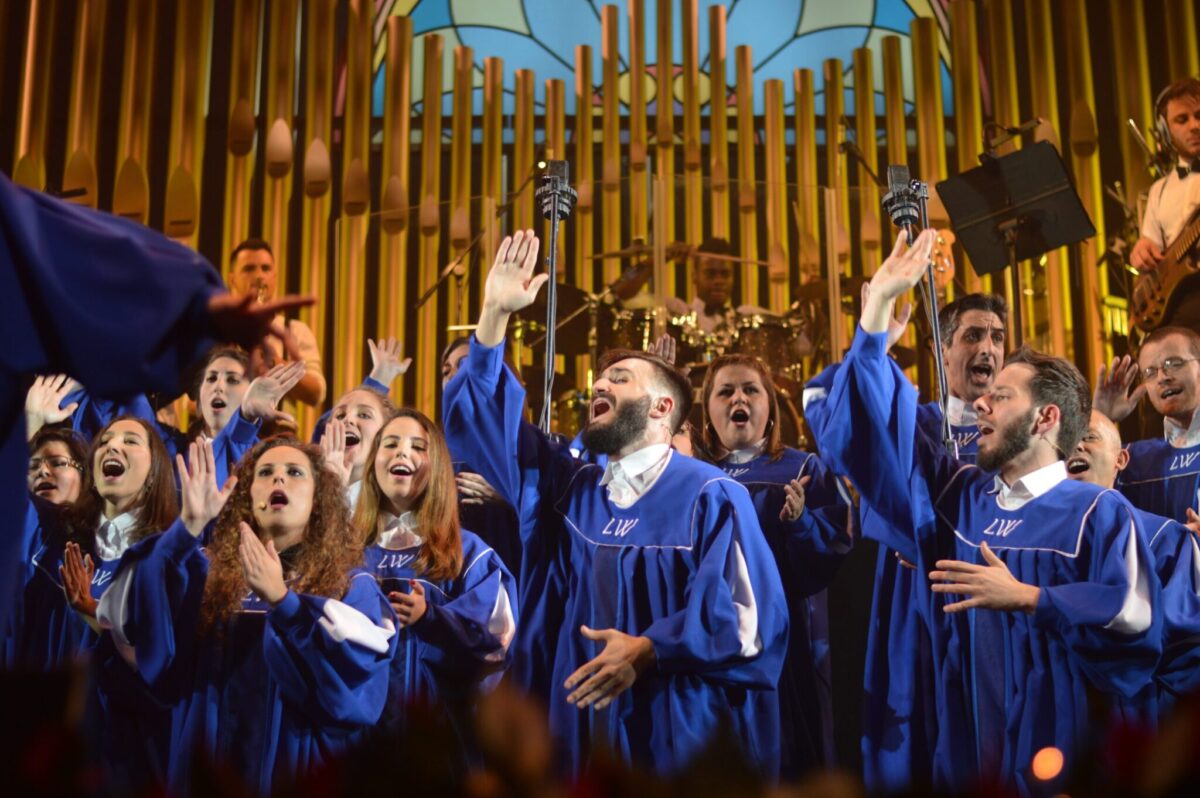My previous post describes the traditional Choral Caste System which consists of “The Best” vs. “The Rest”.
For those of you who didn’t read my previous blog post, I’ve named the select high school ensemble that receives endless performance opportunities as “The Best” while “The Rest” is the ensemble that the leftover students are shoved into. “The Rest” may be a freshmen ensemble with the talent plucked out, along with the remaining students who weren’t promoted into “The Best.” In our traditional Choral Caste System, high school students either receive a great choral experience, or they receive a low-level experience with very little substantive reward; in most schools both of these experiences occur simultaneously.
In this blog, I would like to address how the Traditional Choral Caste System is eroding the entire middle-class of students in our high school choral community.
Defining the High School Choral Caste System
In our traditional choral programs, the “upper-class” are the privileged ones in “The Best” group. The “lower-class” are the members of “The Rest” that are destined to stay there, and eventually leave the program altogether.
If we view our choral program as a small, close-knit community rather than a musical class that puts on concerts, we should then turn our focus onto the average students, the “middle-class”. How do our policies affect the “middle-class” students? How and where do they fit into our master plan?
First, let’s define the “choral middle-class”; the “middle-class” students are the ones who work hard and have an average amount of talent and/or skill. They are not elite, not soloists, will mostly likely not be a lead in the school musical. These students will most likely not pursue music as a profession. They may hold their part, but lack a refined tone. Their range may be limited and they have one or two clear technical deficiencies; they probably don’t possess great dynamic contrast and/or may not sing out like an elite singer.
The “middle-class” choral student is the one that on a weak year might get selected into “The Best”, yet on the average year, is relegated to “The Rest”; a few may have gained nobility but most fall below the choral poverty line. Why do they fall? Because there is no place for the “middle-class.”
11 Reasons Why “The Best” belong with “The Rest”
Here is what happens when “middle-class” singers are relegated to “The Rest”:
1) They lose their opportunity to experience high-level repertoire
Unless “The Rest” is exposed to singing the same high-quality repertoire that “The Best” are singing, they are not experiencing the same depth of choral music. If “The Rest” is singing show tunes while “The Best” is singing Eric Whitacre, there is a differentiation in knowledge that they are receiving. When presented a lower level of knowledge, they are further separated from the “upper-class” students with each passing semester. This doesn’t even account for the intangible, non-quantifiable experiences from singing Bach, Mozart, Hogan, etc. There’s countless research about the Mozart/classical effect in babies; how can we dismiss the changes that can take place in the brains of high school students when they experience really fine music? Of course, we understand that it is not possible to have “The Rest” learn Eric Whitacre’s works as the talent-level, work ethic, and lack of drive from the predominantly lower-class of students would prevent the same level of knowledge from being received at a useful level.
Self-Assessment Rehearsal Participation Rubric(s)
2) They lose their chance to find role-models who can inspire them
If a “middle-class” student has no “upper-class” students to interact with, to look up to, to inspire them, they do not learn how an upper-class singer functions in a rehearsal. An “upper-class” singer holds up their music, makes markings every time they make a mistake, sings out, has a pretty tone, reads well. etc. The “middle-class” student is not privy to the day-to-day experience as an observers and therefore struggles to understand what they need to do to be viewed as elite. A picture is worth a thousand words, and they aren’t able to view the daily picture.
Fun Halloween Round for 2, 4, or 8 parts – tongue twister!! listen/download now
3) They lose their chance for upward mobility
The training is not comparable in “The Rest” and as a result these students most likely will not be prepared to move upward. The “upper-class” students who comprise “The Best” in most cases never had to work to earn their nobility. They are the talented ones, the ones where it all came easy. Sadly, the “middle-class” students did their best but were rejected and relegated back into “The Rest”. When this occurs, the typical “middle-class” student loses their drive and their belief they will gain the opportunity in the future to move up. Sure, it may be possible after another year of living in choral poverty this chance may arise, but the training in their low-level ensemble is not properly preparing them for the major jump.
Please join the Choral Clarity Facebook Community in order to converse together and share your vision!
The Choral Caste System makes life easy for it’s King or Queen (the conductor); we can focus our energy on the “upper-class”, pity the “lower-class”, ignore the “middle-class”, yet we pretend the Choir Dream is attainable for everyone. Through our broken system, if one or two “middle-class” students propel upward, it is reason to celebrate, as most fade into oblivion.
It is my Choral Dream that all students gain an equal opportunity to experience a true choral community: one where students care for one another, perform high-quality music well, and love making music together.







Leave A Comment